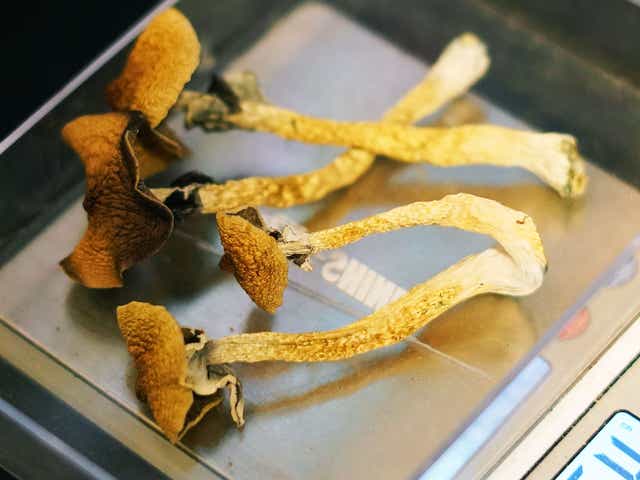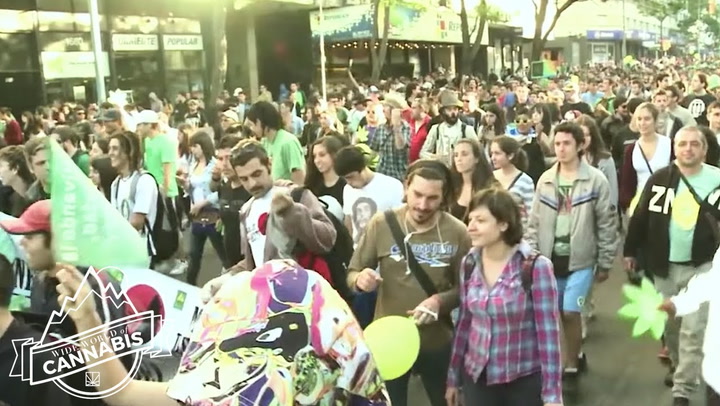Image via
For the third year in a row, the US Drug Enforcement Agency (DEA) plans to vastly increase the amount of legal weed and psychedelics it will make available to clinical researchers.
Although federal law continues to classify marijuana and psychedelics as dangerous drugs with no medical value, the DEA still allows licensed institutions to legally acquire small amounts of these drugs for research purposes. For decades, the agency kept a stranglehold on Schedule I drug production, only doling out the tiniest possible amounts to the handful of researchers brave enough to study them.
The DEA continued to stick with this tight-fisted policy even as researchers clearly demonstrated the therapeutic value of cannabis and psychedelics. In 2021, the agency only authorized 30mg of psilocybin and 50 grams of MDMA for research. But at long last, the feds have finally agreed to listen to researchers’ demands. Ultimately, the agency approved 8,000 grams of legal psilocybin in 2022 – a 26,567% increase over 2021 – and 8,200 grams of MDMA, a 16,300% increase.
The DEA intends to maintain these ecstasy and shroom quantities in 2023 as well, according to a notice filed in the Federal Register this week. But although the psilocybin quota remains at 8,000 grams, the quota for psilocin – the active ingredient in shrooms – is being doubled from 4,000 to 8,000 grams. And the feds also intend to boost their quota for several other psychedelics next year as well.
In the new notice, the feds propose increasing the 2023 quota for mescaline to 1,200 grams, an 1,100% boost over last year’s quota. LSD production is also being upped to 1,200 grams – nearly triple the 500 grams authorized last year. The notice also proposes raising the 5-MeO-DMT quota to 6,000 grams, a 136% increase from 2022’s total.
“There has been a significant increase in the use of schedule I hallucinogenic controlled substances for research and clinical trial purposes,” the notice explains, Marijuana Moment reports. “DEA has received and subsequently approved new registration applications for schedule I researchers and new applications for registration from manufacturers to grow, synthesize, extract, and prepare dosage forms containing specific schedule I hallucinogenic substances for clinical trial purposes.”
The DEA also plans to upgrade its research cannabis quota to 6.7 million grams, or 14,770 pounds. That’s almost double last year’s 3.2 million grams and more than triple 2021’s 2 million gram quotas. The agency is also intending to increase its quota for “all other THC,” including delta-8 and other hemp-derived cannabinoids, to 15,000 grams, up from 2,000 last year. The quota for cannabis extracts will remain at one million grams, though, the same as last year.
The notice gives interested parties 30 days notice to comment on these proposed increases. Last year, researchers ended up requesting higher quantities of drugs than the DEA initially planned to approve, and the agency agreed to increase those totals. This year, there’s a chance that the same process could play out again, so the final 2023 weed and psychedelics quota might very well end up even higher than the totals laid out in this initial notice.











